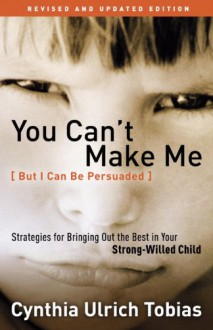Every writer has a different kind of writing process. Perhaps you draw an outline of the key plot points. Perhaps you start with character development. Or perhaps you sit down at the computer and just start typing. Whichever process you choose, it is what best suits your.
However, for those who are new writers and are unfamiliar with the writing process the basic writing process includes:

Prewriting- The first step in the writing process centers around your ideas and where you draw your infomation. Take time to buold your ideas and let the characters, setting, and plot fall into place.
Drafting/Writing- This is, for obvious reasons, the most important step in the process. This is where you actually take your ideas and put them down on paper. I recommend just sitting down and writing. Don't be concerned with proper grammar, structure, or punctuation. Just get those ideas out of your head! There will be plenty of time to revise later.
Revising- See? I told you you would get here. Revision is a big part of the process. Perhaps a key point in the story isn't going as well as you had envisioned it. Try writing it from a different angle and see where it takes you.
Editing- Editing should not be confused with revising. Editing basically involves either fixing something or taking it out entirely. This part of the process can be the most frustrating of all, but it is equally as important.
Publishing- Last, but certainly not least, once your work is complete you can put it out in the world with publishing. Getting published is every writers drea and ultimately, their goal. It isn't easy, but remember to never give up.
Click here for extended information on the writing process!
 Gordon Kessler's book "How to Edit, Revise and Rewrite Your Novel--A Quick and Simple Guide" is a very helpful little resource. Packed with great information for the beginning and intermediate writer (like me), this guide is succinct, well-written, and organized, without a lot of fluff. At the price of free, it's definitely worth picking up.
Gordon Kessler's book "How to Edit, Revise and Rewrite Your Novel--A Quick and Simple Guide" is a very helpful little resource. Packed with great information for the beginning and intermediate writer (like me), this guide is succinct, well-written, and organized, without a lot of fluff. At the price of free, it's definitely worth picking up.

 Log in with Facebook
Log in with Facebook 









